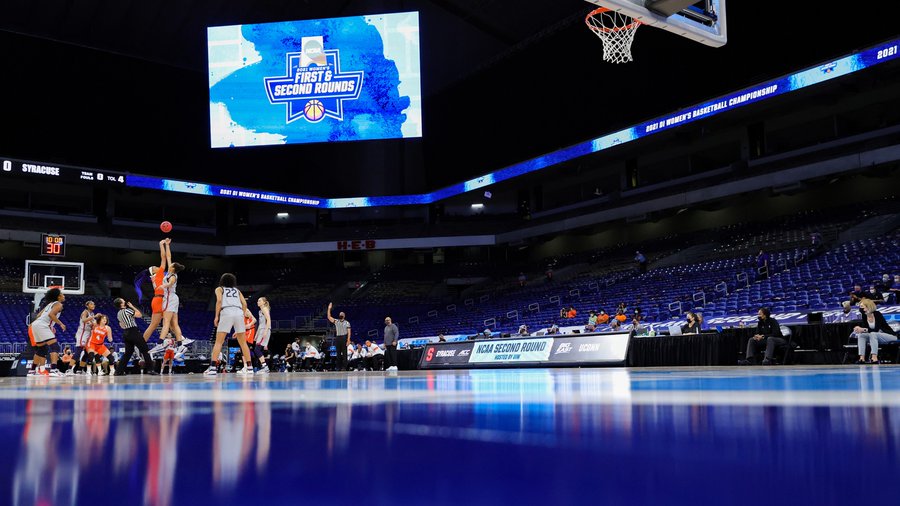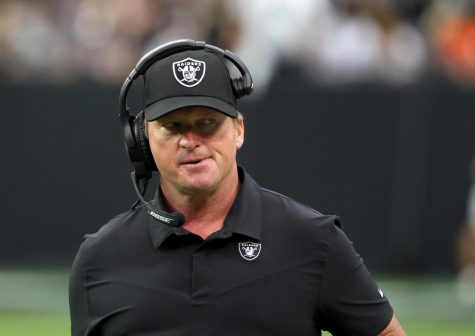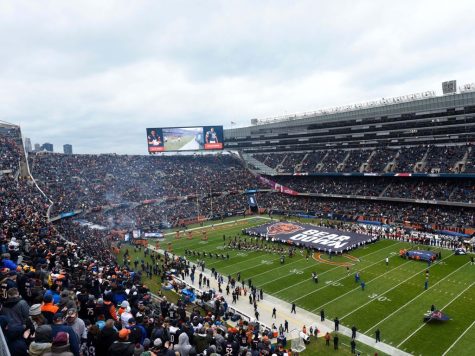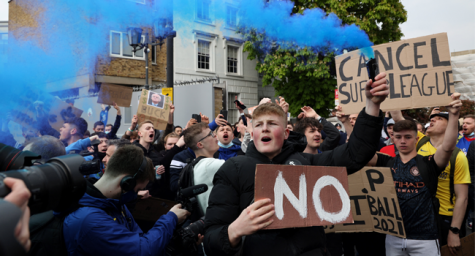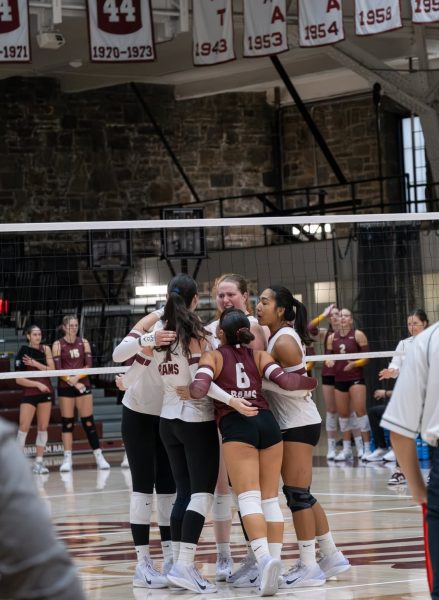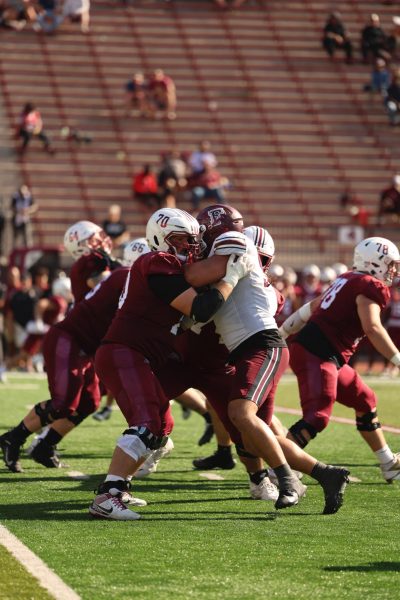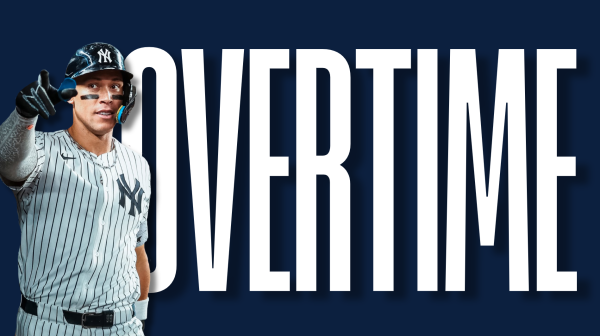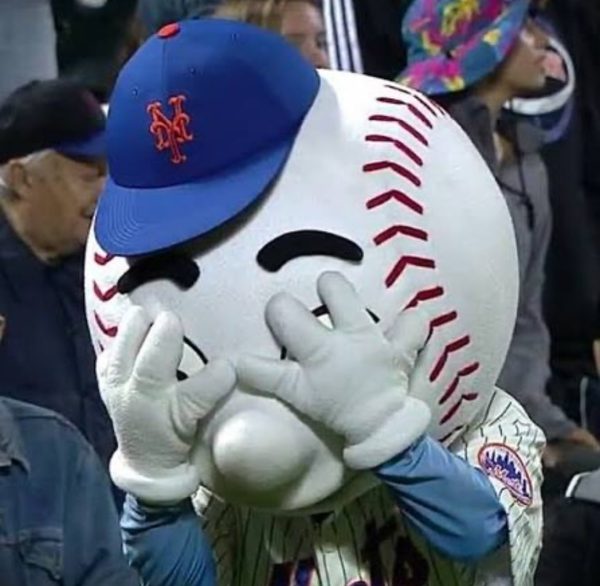Controversy over the NCAA Tournaments
The NCAA apologized after controversy erupted over the disparities between the men’s and women’s tournaments, notably the inequality in the workout facilities between the championship events.
The controversy began with complaints from the women’s teams over unequal facilities. The men’s tournament had a large, expansive and well-stocked workout complex in Indianapolis. Whereas in Texas, the women’s tournament only had a rack of hand weights.
Faced with complaints, Dan Gavitt, the NCAA’s vice president of basketball, apologized for “dropping the ball, frankly.”
Although the NCAA profits more from the men’s basketball tournament, the tournaments’ equal facilities shouldn’t be a financial issue. The NCAA has drawn in more than $850 million in television rights alone. In comparison, the women’s tournament had a television deal worth $42 million. Therefore, there is no financial issue to provide equal facilities to both tournaments.
Sedona Prince, a sophomore at Oregon, posted a video showing the food offered at the women’s tournament. The food was visibly worse than that of the men’s tournament, where they were offered a gourmet buffet.
Even more shocking is the disparity between the COVID-19 tests that the two tournaments received. NCAA president Mark Emmert acknowledged that the women’s basketball tournaments had received cheaper, less sensitive coronavirus tests than the men’s.
The NCAA has been testing the men’s tournament with PCR tests which are the highest quality COVID-19 tests. The women’s tournament has been tested with a rapid antigen test that is cheaper and provides quicker results. Therefore, it’s more likely to result in false results.
“We have complete confidence in all the medical protocols that have been put together,” Emmert said, adding that the NCAA had used national and local medical advisers to formulate plans for the events. “All of the health experts say the protocol that they’re using right now in all our venues and all our championships has no difference at all in our ability to mitigate risk.”
Many student-athletes used this controversy to share their grievances over the NCAA limiting the player’s profits over their fame. A hashtag began trending on Twitter #NotNCAAProperty in protest of the NCAA’s rules.
The NCAA has realized they need to do better at providing equal facilities for their tournaments. Although the NCAA has had a challenging year due to the pandemic over the tournaments’ formation, it doesn’t make it okay to limit women’s facilities’ facilities due to poor planning. Despite that, the NCAA still had prominent defenders like Jody Conradt, a Hall of Fame member and Texas coach for many years.
“We want everything to be perfect, and we have fought hard to have equality and recognition and credibility on the women’s side,” Conradt said. “But I don’t think you can discount this last 12 months.”





































































































































































































